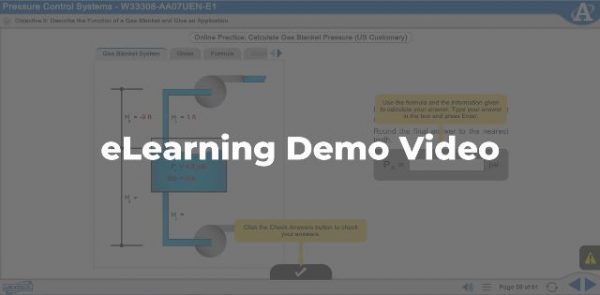
- Computer (see Computer Requirements)
- Pneumatic power supply or conditioned (dry and filtered) shop air
- Electric (110V/60hZ/1Ph)
Amatrol’s Basic Fluid Power Learning System – Double Sided A-Frame Bench with Two Hydraulic Manifolds (850-CD1) is built to provide for both hydraulic and pneumatic systems training. Equipped with one set of basic hydraulics training (85-BH) panels and basic pneumatics training (85-BP) panels, the fluid power training system has the capacity to double your training capacity by adding another set of the basic fluid power training panels to the opposite side of the A-frame. This system introduces industry-relevant hydraulic and pneumatic skills while showing how they apply to fundamental fluid power principles, such as pressure and flow. After completing this learning system, learners will not only understand concepts like pressure versus cylinder force and basic motor circuits, but also be able to operate, install, design, and troubleshoot basic fluid power systems for various applications. Pneumatics and hydraulics are used in innumerable industrial applications.
In addition to the basic hydraulic training and basic pneumatic training, the fluid power training system includes a controls technology workbench, a 2.5 GPM/500 psi hydraulic power unit, student curriculum, student reference guides, and much more! Featuring standard industrial-grade components, this learning system provides learners with real-world experience they would normally only attain on the job. Fluid power training’s mobile workstation is constructed of heavy-duty welded steel to provide a sturdy, long-lasting learning station. Learners can easily store component panels in storage slots located under the work surface until needed.





































